In a recent article examining cuts to social spending announced by the finance minister in the November 2023 Medium-Term Budget Policy Statement (MTBPS), researchers Thokozile Madonko and Lisa Vetten use the metaphor of a scythe.
The image of an unresponsive, indiscriminate Grim Reaper slicing through precious budgets is apt. Among the cuts that have raised the ire of many social justice activists are those that are likely to have adverse impacts on women and children in particular. This includes reductions of allocations to nonprofit organisations via the Department of Social Development, whose services play an essential role in addressing the persistent crises of poverty, inequality, gender-based violence and violence against children. This, nearly 30 years after the democratic dispensation, in the context of high unemployment rates in addition to the increasing feminisation of poverty, is grim.
In addition to being an important tool to address these multiple crises, the budget can also be used to track progress and tackle negative gender biases in allocation and expenditure that entrench inequality. Gender-responsive budgeting (GRB) is one such tool.
GRB, as defined by Unicef, involves assessing the extent to which budget formulation, implementation, reporting and oversight address the gender-specific needs of the population to achieve gender-equity commitments. Core to this is the identification of interventions to address gender gaps and interrogating the government’s entire budget cycle.
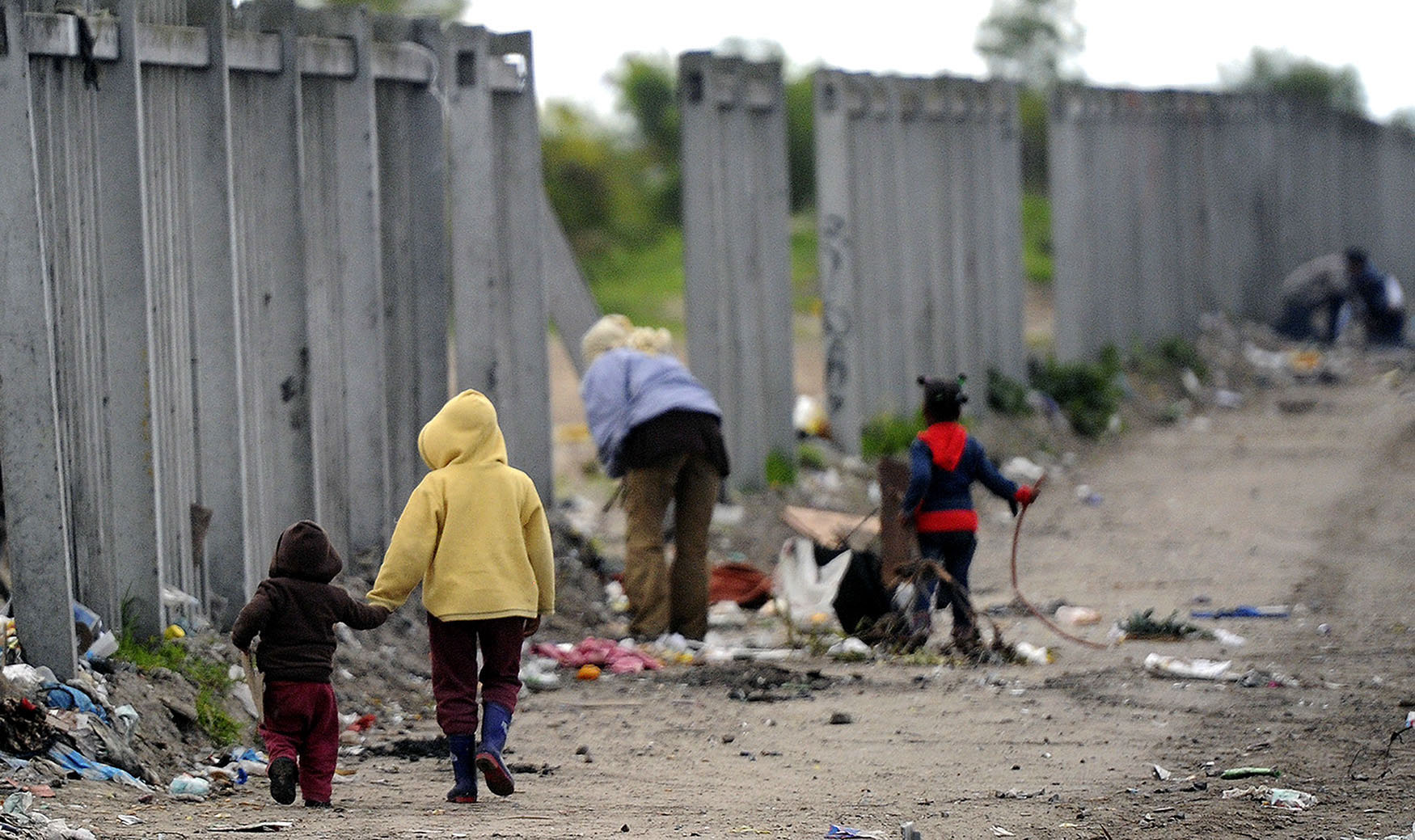 Among the cuts that have raised the ire of many social justice activists are those that are likely to have adverse impacts on women and children in particular. (Photo: Gallo Images / Brenton Geach)
Among the cuts that have raised the ire of many social justice activists are those that are likely to have adverse impacts on women and children in particular. (Photo: Gallo Images / Brenton Geach)
A recent paper published by the International Budget Partnership and partners highlights that most GRB efforts focus on increasing the gender responsiveness of budgets at the allocation phase and that funds are often shifted between sectors or programmes during budget implementation, resulting in adverse impacts on women and girls. This was the case in this year’s 2023 in-year budget adjustment, which saw significant in-year changes to resource allocation on the basis that there have been “unforeseeable financial and economic events”.
For example, Treasury announced cuts to the main budget for health of 4.9% in real terms. This means the Health Department is expected to deliver health services with less for the rest of the financial year.
Furthermore, over the medium term, the 2023 MTBPS states that “provincial allocations will not increase in line with inflation”. According to the MTBPS, this should be done by “managing headcounts, such as by implementing controls on payroll systems to ensure executive authorities operate within their budgets when creating and filling vacant posts” and to do so in a way that “avoids adverse effects on service delivery”. Effectively, the departments are being asked to be more “austere”.
The MTBPS noted that real consolidated compensation spending will fall by 3% over the medium term. This again implies large cuts to the government’s workforce. The government might reduce employees by 40,000 over the next two years to accommodate such a cut. This is likely to have enormous implications for basic education, healthcare and the provision of social welfare services.
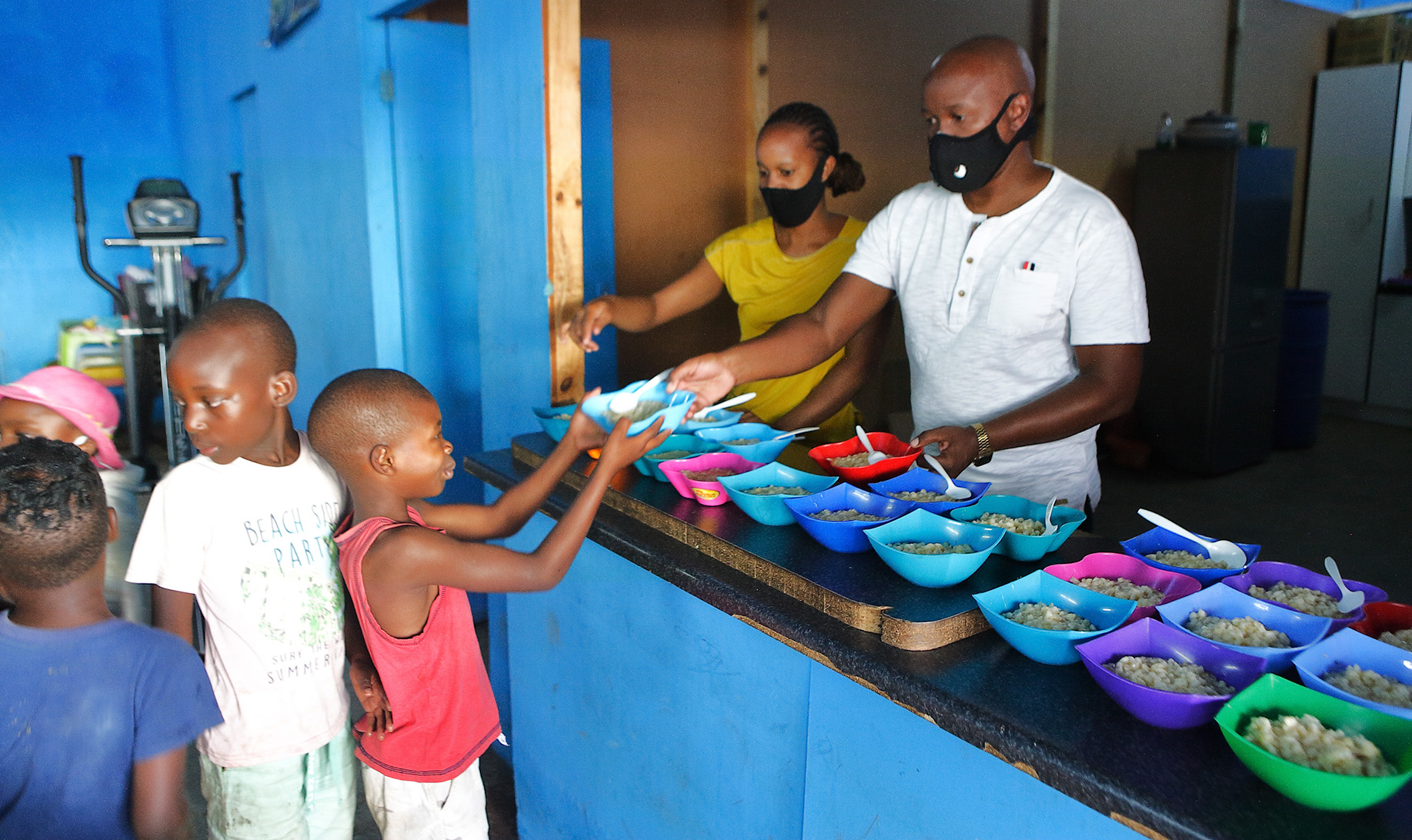 Children receive a cooked meal from the Shaping Hope and Leadership in Kliptown nonprofit in Soweto on 4 March 2021. The community organisation also helps children with homework after school. (Photo: Gallo Images / Fani Mahuntsi)
Children receive a cooked meal from the Shaping Hope and Leadership in Kliptown nonprofit in Soweto on 4 March 2021. The community organisation also helps children with homework after school. (Photo: Gallo Images / Fani Mahuntsi)
The 2023 MTBPS elucidates how budget cuts will further dismantle social safety nets and reduce the accessibility of institutions and places that have traditionally nurtured and cared for South Africans’ emotional and physical well-being. This negatively affects individuals’ quality of life, as well as their opportunities for growth and fulfilment.
When services are withdrawn due to budget cuts, this often increases financial burdens and obligations for households, in particular women and girls, in sustaining care. These are households that can least afford a reduction in care support, growing inequality and diminished quality of life. The MTBPS highlights the importance of making cents of gender-responsive budgeting.
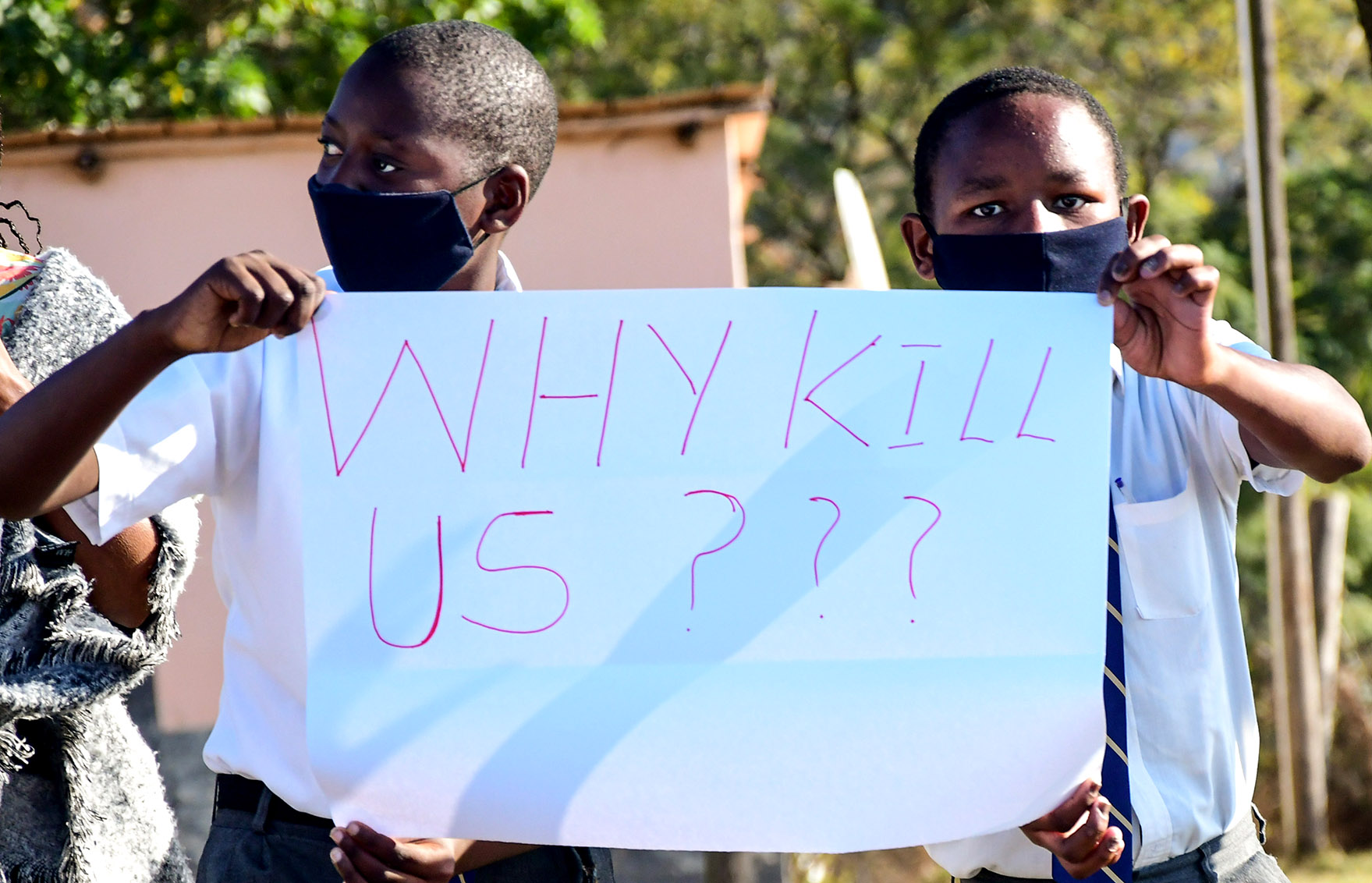 Pupils protest during the campaign to mobilise all men to join a crusade against violence against the most vulnerable in society, in Durban on 1 July 2020. (Photo: Gallo Images / Darren Stewart)
Pupils protest during the campaign to mobilise all men to join a crusade against violence against the most vulnerable in society, in Durban on 1 July 2020. (Photo: Gallo Images / Darren Stewart)
Efforts to institutionalise GRB are not novel in South Africa, with milestone research and advocacy such as the Women’s Budget Initiative going as far back as the early Nineties. However, early enthusiasm for GRB soon fizzled despite noteworthy gains. This momentum was again resuscitated, according to the Commission for Gender Equality (CGE), in the 2000s.
More recently, in 2021, Treasury collaborated with the International Monetary Fund’s Regional Technical Assistance Center for Southern Africa and the Fiscal Affairs Department to develop a roadmap towards gender responsiveness in the budget in alignment with the Gender-Responsive Planning, Budgeting, Monitoring, Evaluation and Auditing Framework.
Political will
But why has achieving GRB been so elusive despite dedicated work by both civil society and government actors over the years?
The list is long.
The CGE states that key among these reasons is poor coordination between relevant government stakeholders, weak implementation capacity and resourcing of the lead department. Other factors include a lack of political will, interest and commitment by state entities to implement GRB.
But it’s not all grim.
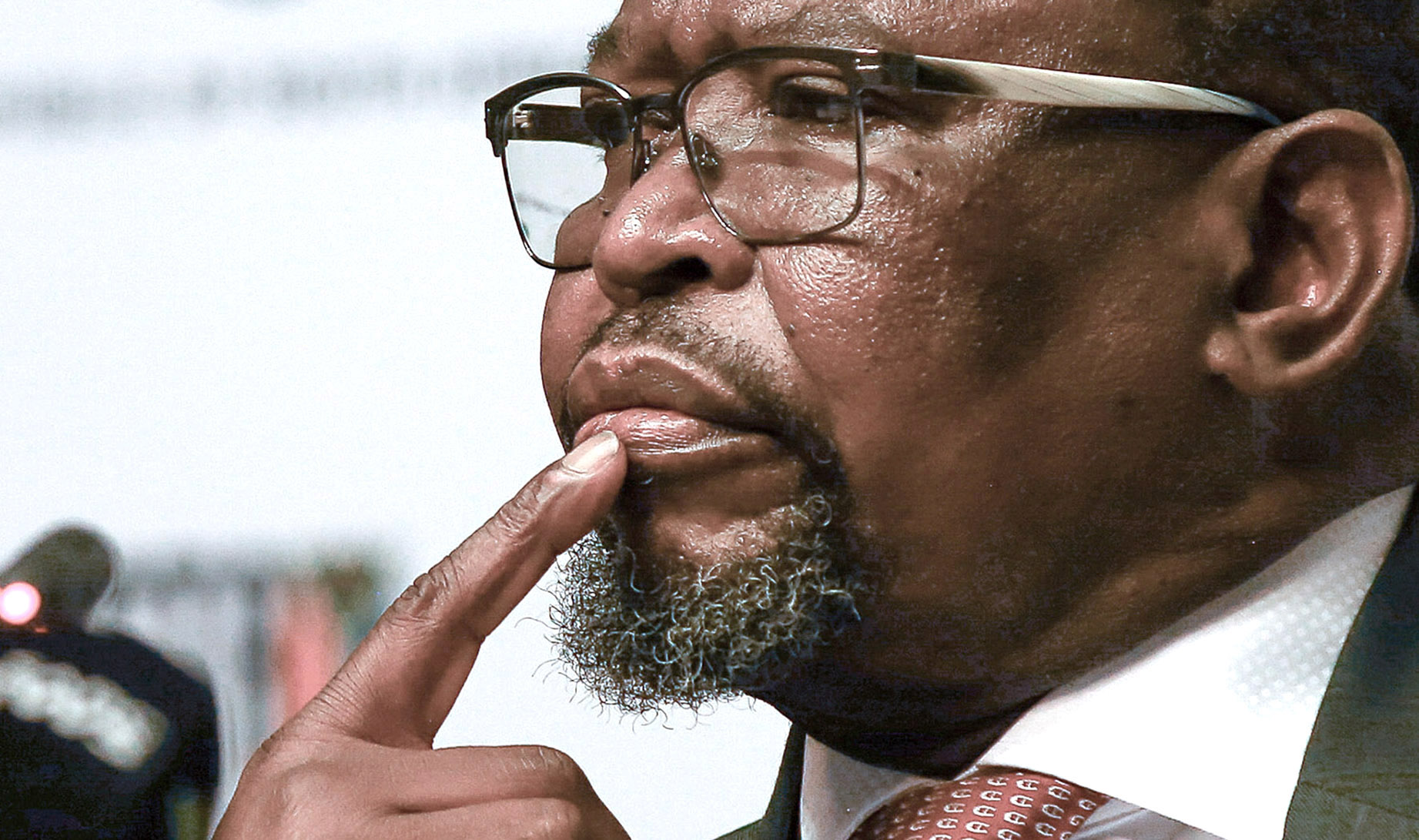 Finance Minister Enoch Godongwana. (Photo: Gallo Images / Ziyaad Douglas)
Finance Minister Enoch Godongwana. (Photo: Gallo Images / Ziyaad Douglas)
The role of Treasury encompasses several areas including providing technical guidelines to departments, issuing gender-related regulations and formulation of the fiscal framework.
A key milestone in the institutionalisation of gender responsiveness was the introduction of Treasury’s Instruction No. 5 of 2019/2020 which provided legal effect to the Department of Planning, Monitoring and Evaluation’s Revised Framework for Strategic Plans and Annual Performance Plans.
Read more in Daily Maverick: Treasury has again neglected South Africa’s most economically vulnerable, say civil society organisations
Also encouraging was Treasury’s announcement in February 2023 of the intention to finalise GRB guidelines as well as plans to pilot gender tagging in select national departments.
Gender tagging is especially notable for its potential to help identify expenditure proposals that may have a meaningful impact in the budget formulation phase while enhancing the monitoring of budget execution. Tsidi Lencoasa highlights in a recent Daily Maverick article, for instance, that:
“(e)ven well-funded gender-responsive programmes – such as the National School Nutrition Programme which received a 9.1% increase in funding (well-above Treasury’s projected food inflation rate of 7%) – are jeopardised by poor implementation.”
What are the ways in which GRB and related socially responsive policies can be bolstered to meet their objectives?
The International Budget Partnership paper showcases civil society’s role in prompting compelling evidence-based arguments to highlight shortcomings in government implementation. In this way, non-state actors can strengthen the efficacy and positive impact of budget decisions to support strides towards gender equity. Examples include the Ni Una Menos movement in Argentina whose pressure resulted in institutionalising GRB; the Gender Budget Watchdog Network’s community of practice across the Balkans; and the Public Service Accountability Monitor’s work in Zambia and Zimbabwe monitoring GRB programmes through social accountability initiatives.
Civil society organisations, by convening diverse expertise, are able to conduct more comprehensive gender analysis and advocacy. This is a valuable opportunity for the South African government to create platforms for meaningful dialogue data-sharing and impactful budget analysis. DM
Zukiswa Kota is a programme head at the Public Service Accountability Monitor at Rhodes University. Thokozile Madonko is a researcher managing the Public Economy Project of the Southern Centre for Inequality Studies at Wits University, and an activist, poet and climate campaigner.
Join a discussion on Thursday, 23 November interrogating gender-responsive, pro-poor fiscal policy and budgeting in South Africa, hosted by Unicef South Africa and civil society partners Public Service Accountability Monitor, the Public Economy Project of the Southern Centre for Studies in Inequality and the Social Policy Initiative.
To attend in person, join the session at the Capitol Hotel, Menlyn Main in Pretoria. To join the discussion online, use this link.




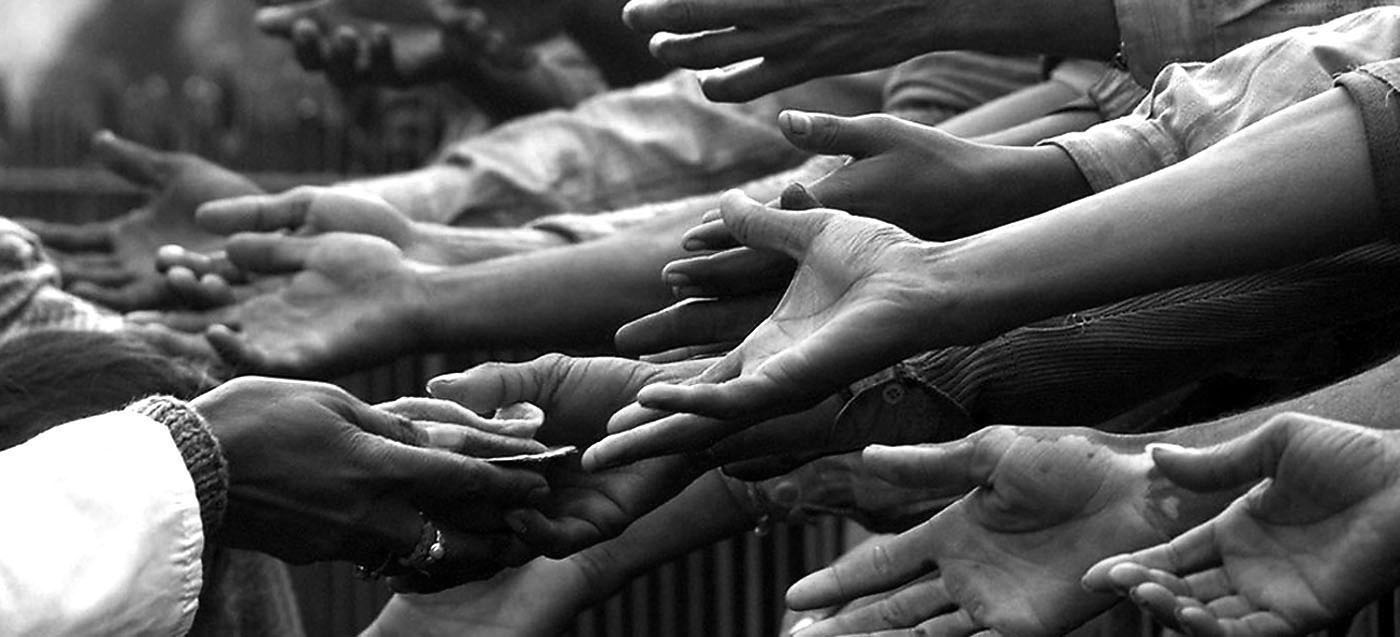 Finance Minister Enoch Godongwana. (Photo: Gallo Images / Ziyaad Douglas)
Finance Minister Enoch Godongwana. (Photo: Gallo Images / Ziyaad Douglas)